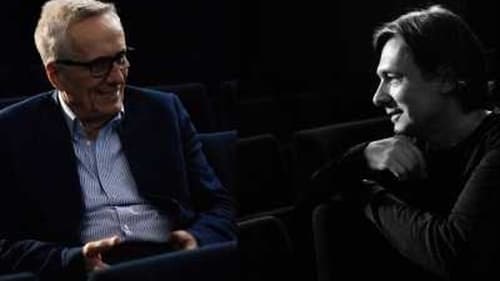
Self
A deep dive into Glauber Rocha's years exiled in Italy in the 70s. Through a collection of interviews and archives, the movie shows the making of his film Claro (1975) and his relation with European auteurs in their filmic and political views.

Director
Twelve hundred kilometers is length of Italy, from the mountains of the North to the South Sea; from the white of the snow to the blue of the sea. The film is a trip to the peninsula made especially with the documents of the Istituto Luce, in whose archives appears an Italy from the early twentieth century, a long journey up to years close to ours. An articulated Italy, made up of different forms of Beauty, in a territory that has particular characteristics for each region, from Valle d'Aosta and Friuli Venezia Giulia, from Tuscany to Lazio, from Lombardy to Liguria, from Campania to Sicily and its islands; and so on. Twenty regions. The history of the territory, of the its landscape, life of its people and art have always been mixed. The spectacle of nature intertwines with the spectacle of Italian work and creativity, open to the world, loved and visited by the world. The film tells this Italy. Scenarios, art, work, landscapes, culture, shows, great people.

Self
A passionate cavalcade through decades of "coming attractions"

Looks back at the Sciuscià, its success abroad, its influence on later filmmakers, its Oscar win, and the social conditions at the time of its production.

Writer
A deaf man rebels against his controlling mother by dating a high-school drop-out who shares his disability.
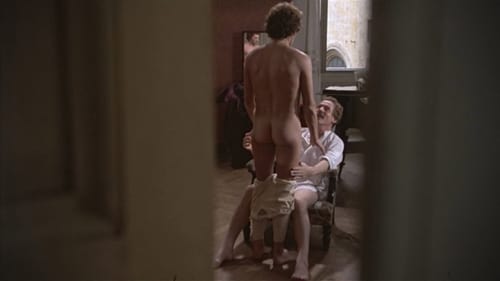
Screenplay
The life and ideas of the German philosopher Friedrich Nietzsche. A love triangle unfolds as Nietzsche and his best friend decides to live with a Jewish woman. According to Nietzsche's philosophy, that is beyond all morality. Depicting Nietzsche's opium addiction and madness meritorious.
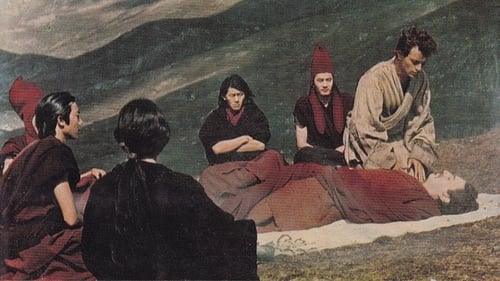
Screenplay
A story inspired by a classic text of Tibetan literature, Milarepa moves back and forth in time between the story of the title character, a mystic of the eleventh century and a young westerner whose travails are not very different, both being torn between the search for knowledge and a quest for power.
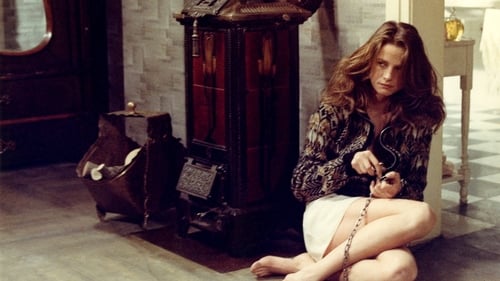
Screenplay
1957년의 비엔나. 비엔나에 모여 사는 나치 친위대 출신 장교들은 자신들의 죄상이 탄로나지 않도록 하기위해 나치 전범 기록문서나 증인을 찾아내 증거 인멸 작전을 펴고 있다. 유태인 수용소 의무관 출신으로 죄의식 때문에 햇빛을 볼 수 없어 야간 근무만 하는 맥스는 어느날 호텔에 투숙한 여자 손님을 보고 깜짝 놀란다. 그녀는 바로 수용소에서 자신이 그토록 사랑하고 보호했던 루치아였다. 지휘자인 남편의 연주여행에 따라온 루치아도 역시 맥스를 보자 심장이 멎는듯하다. 지옥과 같았던 수용소에서 자기를 보호하고 사랑해준 맥스는 곧 그녀에겐 구세주였다. 남편을 먼저 떠나보내고 뒤에 남은 루치아는 맥스의 아파트로 가서 수십년만에 감격의 재회를 하다. 수용소의 여자 증인인 하나가 비엔나에 나타났다는 소문은 이미 퍼지고 있었다. 루치아를 알아본 증인은 수용소에서 주방일을 하던 마리오. 맥스는 친위대 그룹이 루치아의 존재를 알게 되면 당장에 해칠것 같아 마리오를 낚시터로 데리고 가서 물에 빠뜨려 죽게 한다. 과거의 친위대원들은 맥스에게 증인을 내놓으라고 위협을 한다. 그러나 맥스는 젊은 시절에 자신이 천사처럼 아꼈던 루치아를 목숨을 걸고 지키려 한다. 맥스는 호텔도 그만두고 루치아와 함께 아파트에 숨어산다. 하지만 친위대원들의 공작으로 먹을것은 물론 전기와 수도도 모두 끊겨버린다. 결국 은둔 생활에 한계를 느낀 맥스는 나치 장교복으로 갈아입고 루치아에게는 유태인 신부옷을 입혀 합께 다뉴브강 다리로 간다. 차에서 내려 다리를 건너던 이들에게 몇발의 총성이 울리고 두 사람은 동시에 쓰러지고 만다.

Writer
A phrophetic Film about the fundamental problem of our times, that automatization of the production process ultimately eliminates human labour. In this fact lies the potential for the marxist liberation of the productive forces and the and the industrial genocide.
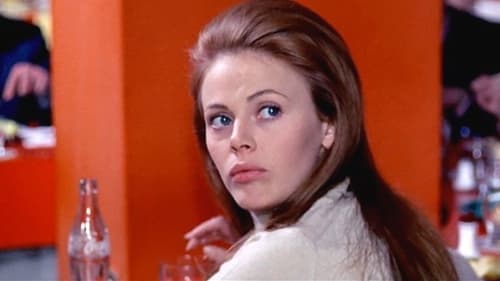
Screenplay
On the streets of a damp metropolis lie the corpses of hundreds and hundreds of boys and girls. No one can give them a resting place because of a law enacted by a repressive State. But the young Antigone, with the help of a foreigner, Tiresias, violates this rule in the name of pietas, undermining the established order.








